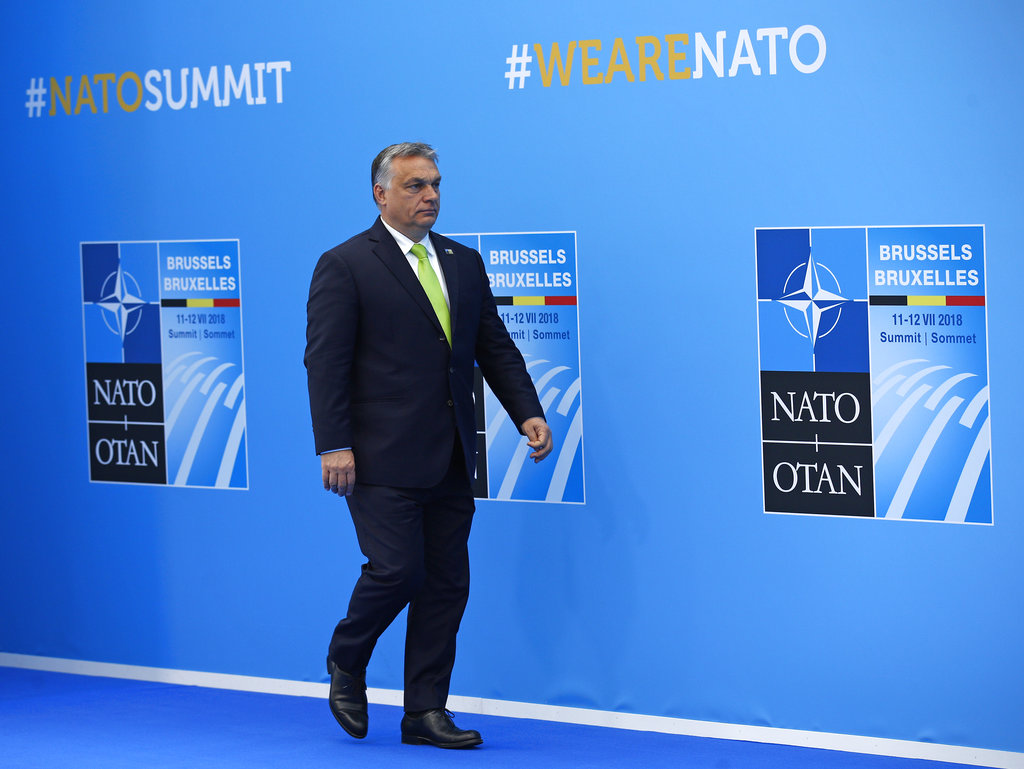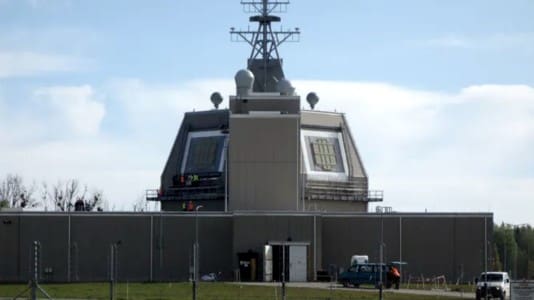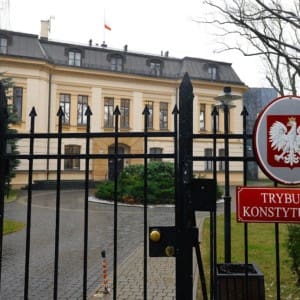Bureaucrats in Brussels do not represent the European people, Hungarian Prime Minister Viktor Orbán has claimed after a recent study revealed that an overwhelming majority of Europeans want peace talks between Ukraine and Russia and an immediate end to the ongoing conflict.
The poll, conducted by Hungary’s Századvég Foundation, found that 71 percent of EU and U.K. citizens believe the war should “end immediately and the parties should be brought to the negotiating table,” while just 20 percent support its continuation until such a time that “Ukraine defeats Vladimir Putin”.
Similarly, 67 percent of respondents were against the deployment of their own countrymen to Ukraine, compared with 25 percent in favor of such a move.
Another question showed that respondents in every EU member state believed that the economic sanctions imposed by Brussels against Russia had been detrimental to the European Union, and saw the United States and China as the biggest winners of the policy.
Only non-EU Norway believed the sanctions had benefited their own country while just five European nations — Norway, Lithuania, Finland, Estonia, and Denmark — believed the move had been beneficial for Ukraine in its ongoing fight with Moscow.
A clear geographical divide between the northern and southern European nations was seen when asked about Europe’s foreign policy concerning China. A majority from every mainland European nation with the exception of Poland and the Baltic states called for more “peaceful economic cooperation” to be sought with the superpower, insisting a “tougher approach is not needed”.
However, Poland, the Baltics, the U.K. and Ireland, and Scandinavian nations believed a tougher approach is necessary “because of its relation to Russia”.
Europeans were also split on Brussels’ policy of sending military aid to Ukraine. Eastern European nations, with the exception of Poland and the Baltics, had a majority of respondents against the provision of weapons to Kyiv, while Ireland, Switzerland, Austria, France, and Italy were also against the move.
A majority in favor of military aid, however, was found in Scandinavian nations, the Baltics, the U.K., Spain, and Portugal
Commenting on the Századvég Foundation’s findings, Prime Minister Viktor Orbán said the numbers were “clear” that the European Union was out of touch with European citizens and its policy to continue funding Ukraine in its conflict with Russia contravene public opinion across the continent.
Hungary has long been an advocate for peace talks, much to the dismay of the European liberal elite which has chastised Orbán’s administration for refusing to toe the line of Brussels.
Hungary has also remained vehemently opposed to the European Commission’s plans to advance EU membership talks with Kyiv despite the ongoing conflict, with Hungarian officials warning Brussels it risks bringing “war to Europe”.
Another study by the Századvég Foundation published on Monday found that 72 percent of Hungarians supported their government’s stance against EU membership for Ukraine, a monthly mood-checker that has seen opposition against the move increase each month since September.
The conservative think-tank warned that if Ukraine joined, “almost all Member States would become net contributors or current agricultural subsidies would have to be reduced by an average of 20 percent” in order to accommodate “Ukrainian farmers working on the richest farmland in Europe”.






